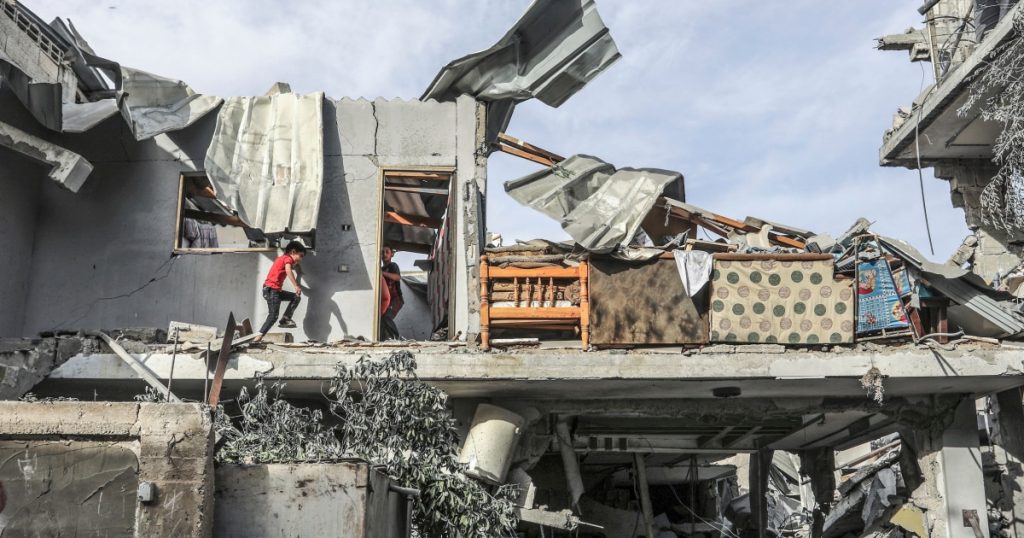A high-level Hamas delegation arrived in Cairo to finalize cease-fire and hostage release deal negotiations, amid threats of a ground offensive by Israel in Gaza’s southern city of Rafah, which would exacerbate the humanitarian crisis. Signs of compromise have emerged in recent days, with Hamas expressing a positive spirit towards reaching an agreement. However, the progress is still short of a deal, as Israel remains firm on not agreeing to end the war as part of an agreement for the release of hostages. The United Nations has warned of imminent risks of death for hundreds of thousands in Gaza if an Israeli offensive occurs, disrupting aid deliveries across the enclave.
Hamas is determined to develop an agreement but has not changed its demands for a complete end to fighting, Israeli withdrawal from Gaza, and the return of displaced people to their homes. Israel has softened its position by indicating it would accept a sustained cease-fire lasting more than six weeks for the first time, as proposed by the U.S. The dire situation in Gaza was highlighted by the World Food Programme’s declaration of a “full-blown famine” in northern Gaza due to war and Israeli restrictions on food deliveries. Israeli plans to remove Palestinians from Rafah ahead of a potential invasion have raised concerns from the Biden administration and the World Health Organization about the impact on civilians.
Israeli Prime Minister Benjamin Netanyahu has vowed to carry out a military assault on Rafah, which he sees as necessary to defeat Hamas. However, the Biden administration has expressed opposition to a full ground invasion and warned of consequences for Israel if it proceeds without a credible plan to protect civilians in the city. The war between Hamas and Israel began with attacks by Hamas, resulting in many casualties and hostages. Although some hostages have been released in exchanges for Palestinian prisoners, many more remain in captivity. Health officials in Gaza have reported thousands of deaths, injuries, and near-starvation conditions, with a full-scale military operation in Rafah likely to worsen the toll.
The World Health Organization has expressed deep concerns about the potential for a bloodbath and worsening of the already strained health system in Rafah if a military operation occurs. Secretary of State Antony Blinken has reiterated the U.S. position against a major military operation, emphasizing the need for a credible plan to protect civilians. Blinken has urged Hamas to accept a deal, noting important compromises made by Israel and the urgency of reaching an agreement without further delays. The ongoing negotiations in Cairo are crucial for averting further violence and addressing the humanitarian crisis in Gaza, but challenges remain in bridging the gaps between the conflicting demands and positions of the parties involved. The international community continues to monitor the situation closely and work towards a peaceful resolution to the conflict.


